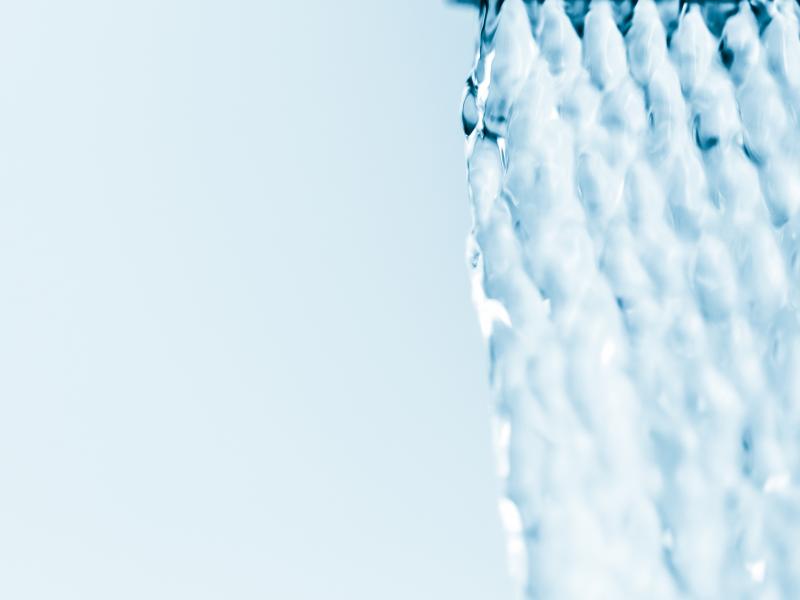
Is a home drinking water filter a better answer?
The EPA – Environmental Protection Agency – has published the Drinking Water Report 2015, which showed that 35 Boil Water Notices were issued in 2015 in Ireland, affecting about 40,000 residents.
A Boil Water Notice is a document issued by the Irish Water advising people to boil their tap water before consuming it.
Although the majority of drinking water supplies in Ireland are safe and comply with chemical and biological standards, according to the EPA report, E.Coli bacteria is found in one out of seven water supplies, and 37 supplies lack the proper systems to filter out the microscopic parasite Cryptosporidium from the drinking water.
In addition, according to the report, 108 of public water supplies are “at risk”, and the Irish Water authorities are taking actions to remedy them.
Another big problem with drinking water, not only in Ireland, but in Great Britain as a whole, is the increasing amount of pesticides in our water. Report states that 61 drinking water supplies in Ireland were found to contain much higher than acceptable levels of pesticides. Unfortunately, the number of drinking water supplies contaminated with pesticides more than doubled in Ireland since last year. Pesticides are used to kill harmful weeds, insects and bacteria. The most common pesticide found in drinking water is MCPA, which is widely used in agriculture. Irish Water is developing a National Pesticides Strategy which is due to be implemented by 2017.
In the UK the big concern is the concentration of pesticide metaldehyde in drinking water. Anglian Water has recently issued a statement that it needs to invest six hundred million pounds to remove harmful pesticides from drinking water just in East of England.
Reverse Osmosis Water filters and filtration systems remove bacteria and pesticides from drinking water, and can be a good solution to purify water in your home or business.
Boiling your water will kill bacteria but will not remove pesticides.